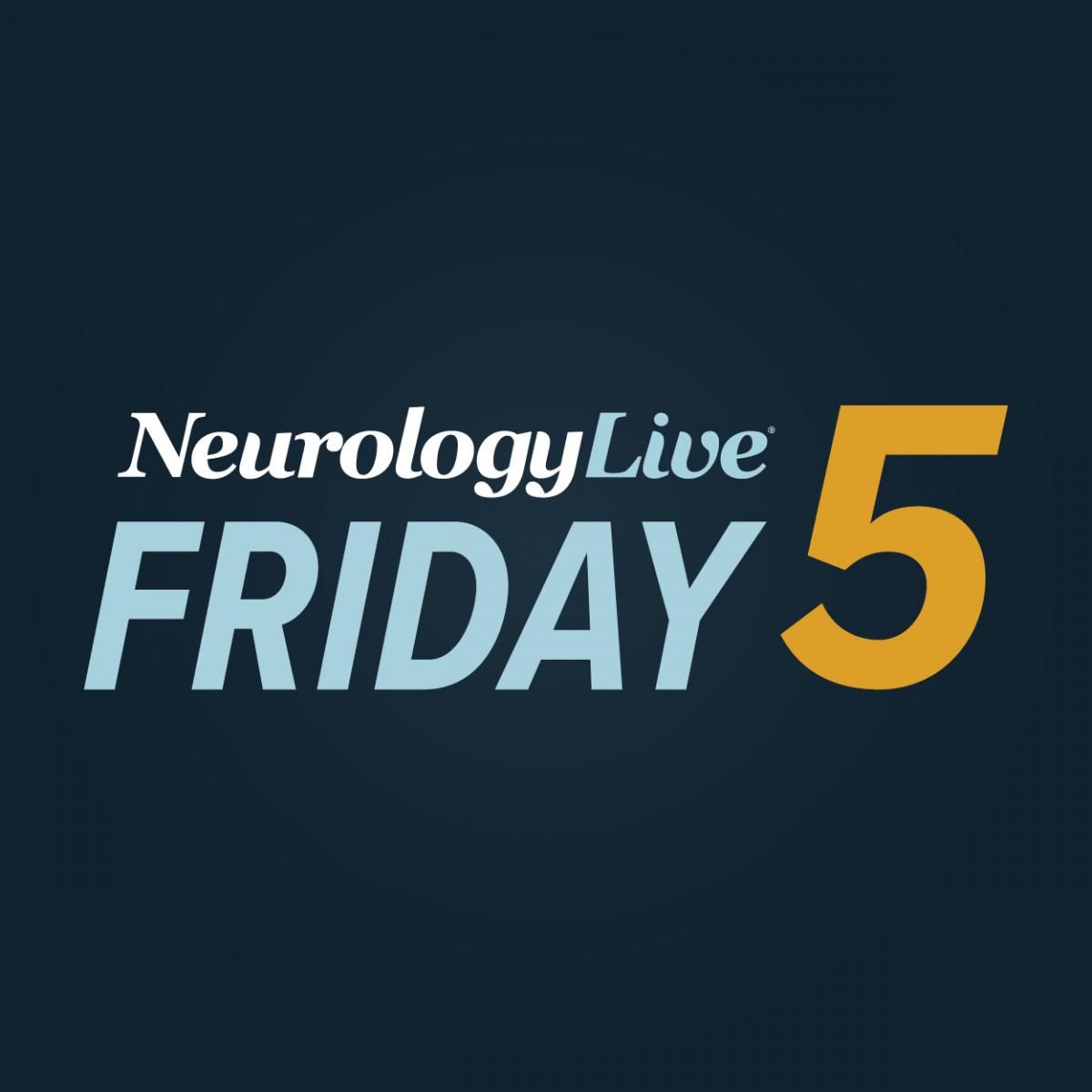News
Article
BXCL501 Meets Primary Efficacy End Point in Phase 3 TRANQUILITY II Trial of Alzheimer Agitation
Author(s):
Among 443 episodes in 149 patients treated with different doses of BXCL501 over 12 weeks, the 60 mcg dose showed a reduction in agitation for the first and all treated episodes at 1 and 2 hours.
George Grossberg, MD

Recent news from the phase 3 TRANQUILITY II trial (NCT05271552) assessing BXCL501 (Igalmi; BioXcel Therapeutics), an orally dissolving thin film formulation of dexmedetomidine acute treatment for Alzheimer disease (AD) related agitation, showed positive topline results, with the agent meeting its primary efficacy end point.1 Overall, BXCL501 was well tolerated and demonstrated an adverse effect profile that is substantially consistent with prior trials.
In the trial, investigators observed a statistically significant and clinically meaningful 7.5-point reduction from baseline in Positive and Negative Syndrome Scale-Excitatory Component (PEC) total score at 2 hours with 60 mcg dose of BXCL501 versus a 5.4 reduction with placebo (P = .0112). The same dosage met the first key secondary end point of reducing agitation symptoms at 1 hour during the first episode of agitation (P = .0185); however, it did not meet the other key secondary end point of change from baseline in PEC score at 30 minutes.
“We believe these results represent a significant milestone for BioXcel Therapeutics and a potential important step forward in our goal to helping those impacted by AD,” Vimal Mehta, chief executive officer at BioXcel Therapeutics said in a statement.1 “Today, there are approximately 100 million Alzheimer-related agitation episodes in the U.S. annually, and there are no episodic treatment options for these patients. We believe that our data from TRANQUILITY II shows that BXCL501 has the potential to treat acute episodes of agitation in patients with mild to moderate AD, if approved. This is particularly critical as the prevalence of this disease is expected to nearly double over the next 15 to 20 years. We are excited at the prospect of continuing to expand BXCL501’s market potential.”
TRANQUILITY II was a randomized, placebo-controlled, parallel group trial that investigated the safety and efficacy of BXCL501 as an acute treatment of AD-related agitation in adults aged 65 years and older. The study dosed 149 participants with mild to moderate dementia who were from assisted living facilities and residential care settings who needed minimal assistance with daily living activities. Over a 12-week period, patients were randomized to self-administer 40 mcg or 60 mcg of BXCL501 or placebo for agitation episodes. The change in PEC total score at 2 hours postdose for the first treated episode of agitation was the primary end point, while other secondary end points included changes at 30 minutes and 1-hour postdose.
“I believe that the results from the TRANQUILITY II trial are an exciting development for potentially addressing Alzheimer’s disease-related agitation,” George Grossberg, MD, professor and director division of geriatric psychiatry in the department of Psychiatry & Behavioral Neuroscience at St. Louis University School of Medicine said in a statement.1 “In this trial, BXCL501 showed a desirable onset of action and a meaningful reduction in agitation at 2 hours with the 60 mcg dose, and was well tolerated in this patient population. I believe it has potential to be a new treatment option for a condition that not only impacts patients but also caregivers and families.”
READ MORE: Limited Eligibility Among Older Adults for New Alzheimer Monoclonal Antibody Therapies
A majority of patients (76%) on 60 mcg dosage of BXCL501 responded to first their dosage and were determined to be “very much” or “much improved,” defined as scores of 1 or 2 on the Clinical Global Impressions Scale, compared with 50% of the placebo group. The 60 mcg dosed group showed a reduction in PEC total score from predose versus placebo at 1 hour (P = .011) and 2 hours (P = .0044) for all episodes of agitation (n = 443). Despite the therapy showing a PEC reduction over repeated dosing of 60 mcg, the primary end point was not met for the 40 mcg dose, with a 5.7 point reduction from baseline in PEC score.
Over the 12-week period, for all episodes, which included 294 episodes occurring after the first treatment across all dose groups, there were no syncope or falls related to trial therapy. All falls except for 1 with placebo were outside of the 24-hour treatment window which included 5 falls in the 40 mcg arm, 7 falls in the 60 mcg arm, and 5 falls in the placebo arm. Most safety events that occurred within 24 hours of dosing were mild or moderate in severity. In addition, dosing for subsequent episodes did not result in a meaningful increase in the number of adverse effects and no treatment-related serious adverse events were reported during the study period.
“We are extremely pleased with the positive topline results of this trial in elderly patients with AD-related agitation,” Robert Risinger, MD, chief medical officer of neuroscience at BioXcel Therapeutics said in a statment.1 “The favorable safety data, along with the consistent efficacy observed for the 60 mcg dose, underscores BXCL501’s potential in mitigating a condition that impacts millions of patients and their families annually. In addition to our positive topline results with TRANQUILITY II, we have a robust safety database of more than 1200 subjects across a range of ages, multiple neuropsychiatric conditions, and doses. Additionally, BXCL501 has been granted a breakthrough therapy designation for the acute treatment of dementia-related agitation based on TRANQUILITY I data. We believe this body of evidence lays the foundation to potentially bring a differentiated acute agitation treatment option for patients with AD.”
According to a statement, BioXcel plans to potential develop a supplemental new drug application submission for BXCL501 as a potential acute treatment of agitation related to AD in the second half of 2023.1 Despite this planned effort, the drugmaker disclosed that a principal investigator involved in TRANQUILITY II is under investigation in a regulatory filing. According to the SEC filing, the same investigator is being accused of fabricating an email correspondence related to the reported timing of a serious adverse event as required in the study protocol.2
The company stated that the principal investigator enrolled approximately 40% of the participants in the trial and is in the process of conducting the investigation into protocol adherence and data integrity at the site. It was also stated from analysts that the company’s shares declined for a number of reasons, including "lost confidence in management" and concerns around the "quality of the...data package, whether FDA will be willing to accept the data package, the timing of an sNDA submission...and ultimately, the timing of when...related revenue may come, if at all."2
REFERENCES
1. BioXcel Therapeutics Announces Positive Topline Results From TRANQUILITY II Phase 3 Trial of BXCL501 for Acute Treatment of Alzheimer’s Disease-Related Agitation. News Release. BioXcel Therapeutics. Published June 29, 2023. Accessed September 21, 2023. https://ir.bioxceltherapeutics.com/news-releases/news-release-details/bioxcel-therapeutics-announces-positive-topline-results
2. Dennis M. BioXcel's shares crater on data integrity doubts for Alzheimer's agitation drug. News Release. First Word Pharma. Published June 9, 2023. Accessed September 21, 2023. https://firstwordpharma.com/story/5756276?aid=5756276
Newsletter
Keep your finger on the pulse of neurology—subscribe to NeurologyLive for expert interviews, new data, and breakthrough treatment updates.





